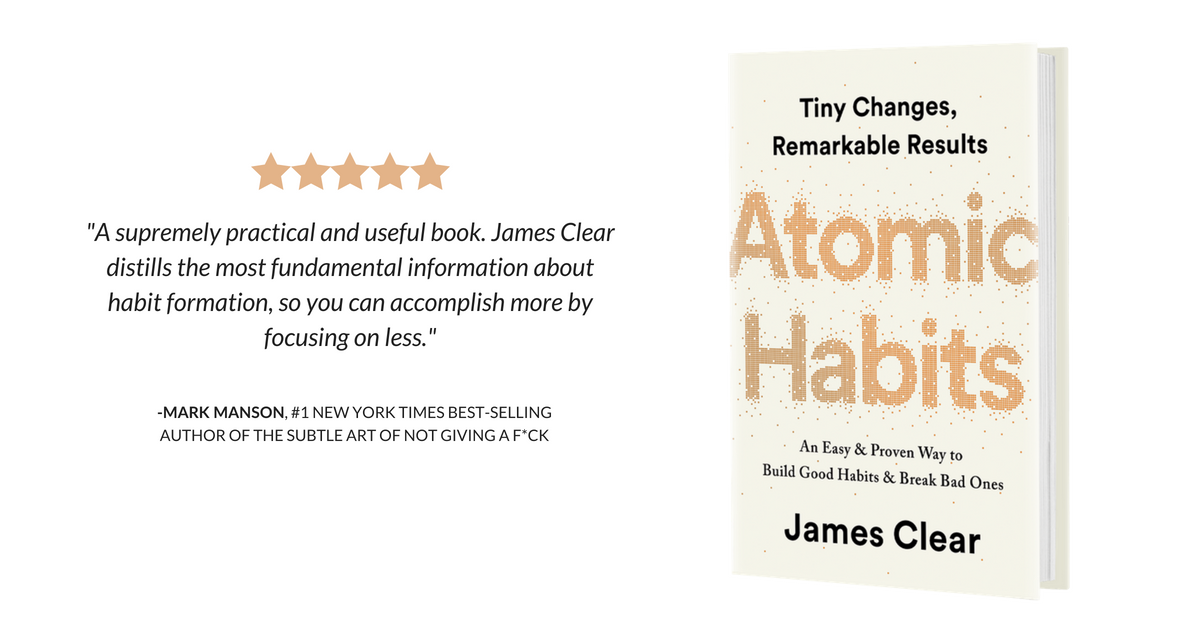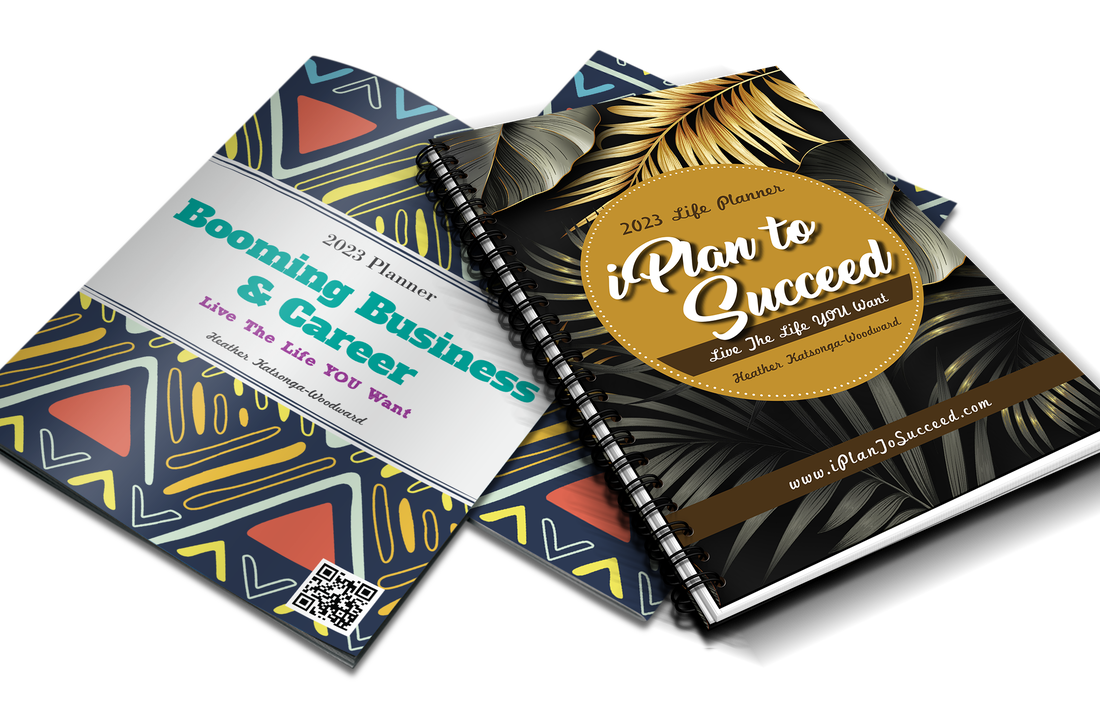|
Rating: 5*/5
One of the best self-improvement books that I have read in a very long time. I wanted to save almost every sentence because it was all so valuable but as that isn’t possible here are a few things I took note of as I listened to the audiobook: You don’t rise to the level of your goals. You fall to the level of your systems. That is, in addition to setting goals you need to set out a systematic way for achieving those long-term goals. Lofty goals + a rubbish system means you will not get to those goals. You become your habits, i.e You are the sum total of your habits. Habits do not restrict freedom, they create it:
Set implementation intentions. That is, make a plan beforehand about when and where to act. That is, how you intend to implement a particular habit. Environment is the invisible hand that shapes human behaviour. That is, if you want to improve anything about yourself it won’t happen if you’re not in a conducive environment.
Boiling water will soften a potato but harden an egg. That is, different people can react in different ways to the same environment. Human nature means we’d rather be wrong with the group than right by ourselves. The normal behaviour if the tribe often overpowers the desires of the individual. Habit stack to form new good habits. What does that mean? If you want to form a new good habit, make it automatic by setting a rule that makes you do it following an existing good habit. However, set it at a time that makes sense. There is no point trying to meditate as soon as you wake up when you know your kids will be dashing in and out of your room at that time. Choose a time that makes sense. Commitment devices e.g. automation make it impossible not to follow a good habit, e.g. save using a standing order. Competence is highly dependent on context. Select the right place to focus. Genes predispose but don’t predetermine. So, direct effort to areas that match your natural skills. People often choose a product because of where it is rather than what it is! E.g. supermarket products situated at the end of an aisle always sell faster due t higher foot fall in those areas. Success: The person that can handle the boredom the most is most likely to succeed. Neurons that fire together, wire together (Donald Hebb)… Repetition not time, creates a habit. If you practice something 30 times in 30 days you’re more likely to master it than if you do it only 4 times...this gives a different take on my yoga practice. …Practice to improve. James Clear shares an experiment in which a photography teacher divides his class into two groups: he tells group one that their final grade will depend on the number of pictures they take, i.e. 100 pictures gets an A etc.; the second group is told that they will be graded on the quality of the one picture that they choose to submit. To the teacher’s surprise almost all the best pictures come from the “quantity group”. The quantity group spent the semester taking pictures, experimenting with angles, colours, frames etc. whilst the quality group spent a lot of time considering what inputs they need to produce a high quality picture. There is a special lesson here: improvement of any sort requires repeated “doing” – a bit less thinking and a bit more doing will get you far. Want to improve at anything, practice. The more you practice in the gym, the fitter you will get; the better you practice healthy eating, the more you will maintain the body size and shape you want; the more you practice good financial habits, the better your financial situation will get; the more you study and learn, the more knowledgeable you will become on your chosen subject. Practice makes perfect, the best is the enemy of the good (Voltaire). Such an awesome book get it on amazon.com or amazon.co.uk Useful links on the website:
2 Comments
Leave a Reply. |
Heather Katsonga-WoodwardTime allowing, I love to read. If I read anything interesting, I will blog about it here. 2019 Life and Career PlannerCategories
All
Archives
January 2019
|
Heather Katsonga-Woodward, a massive personal finance fanatic.
** All views expressed are my own and not those of any employer, past or present. ** Please get professional advice before re-arranging your personal finances.

 RSS Feed
RSS Feed




